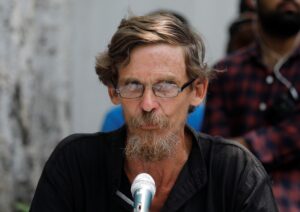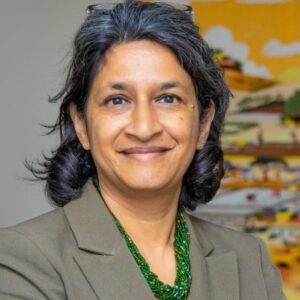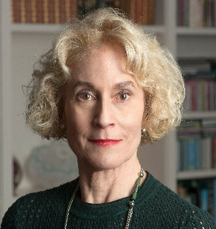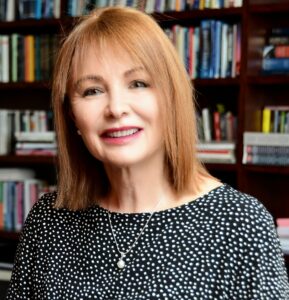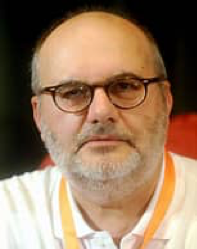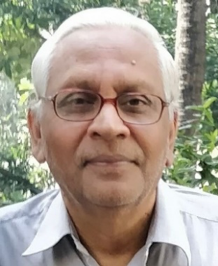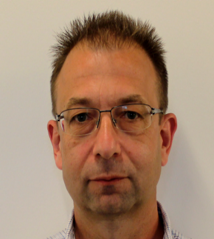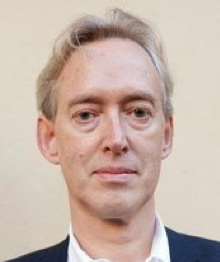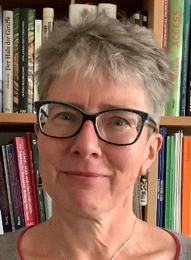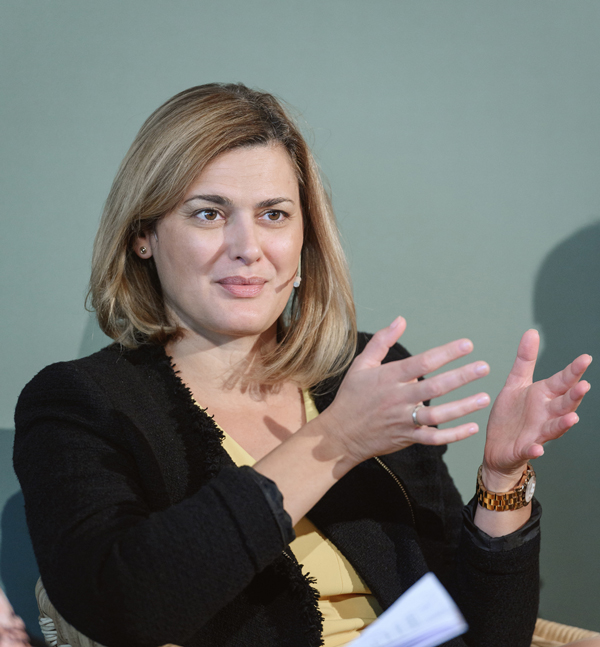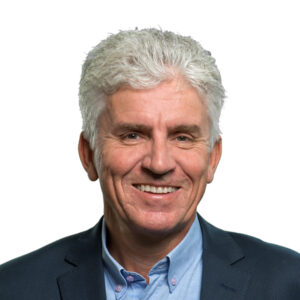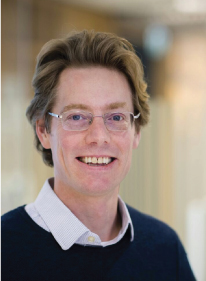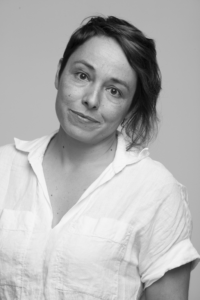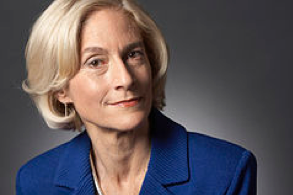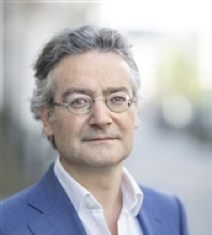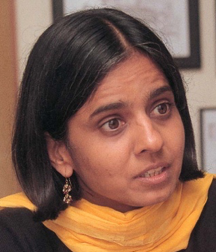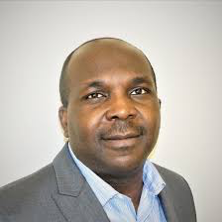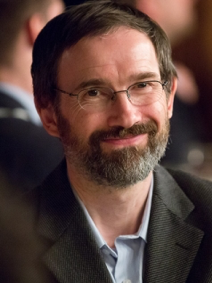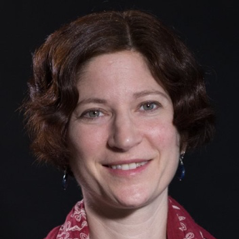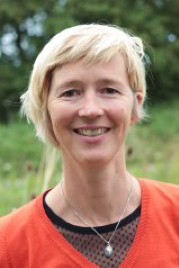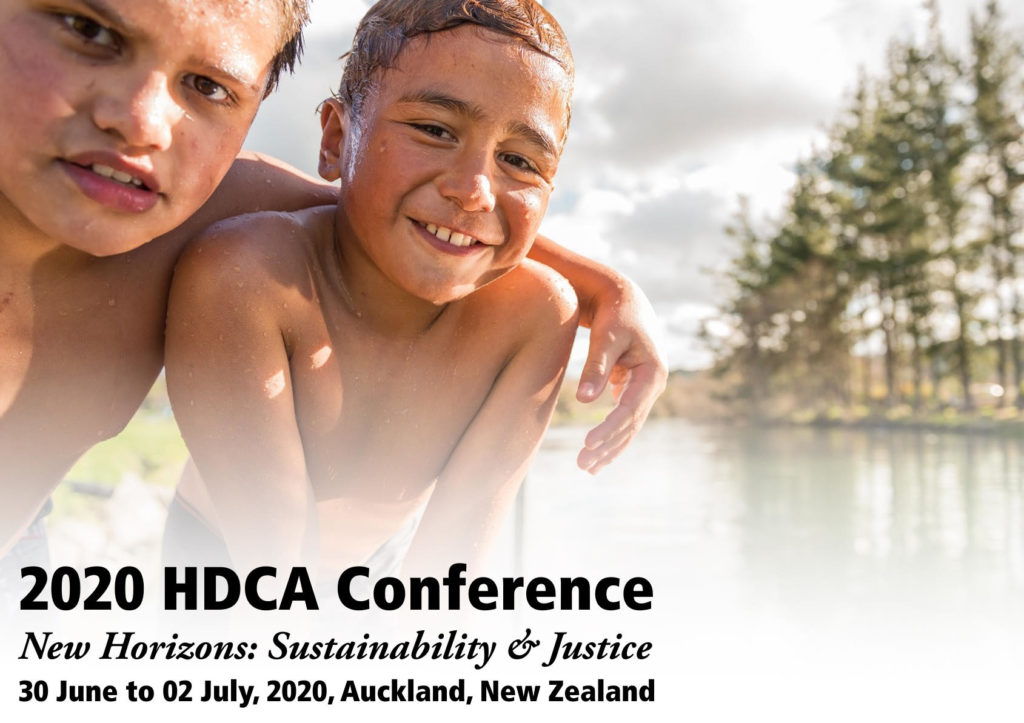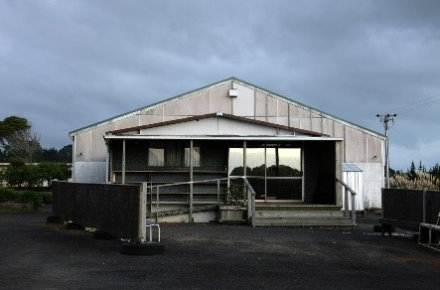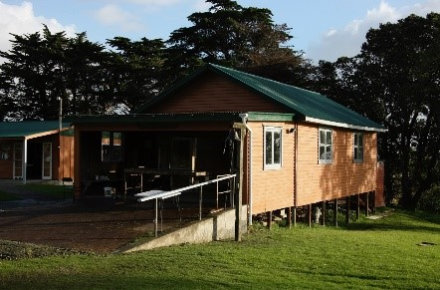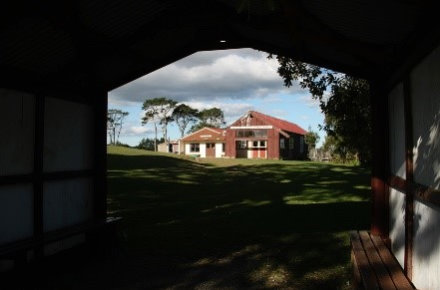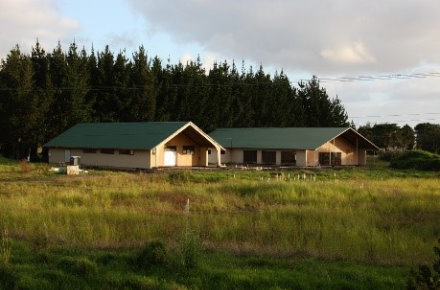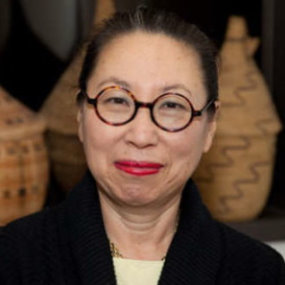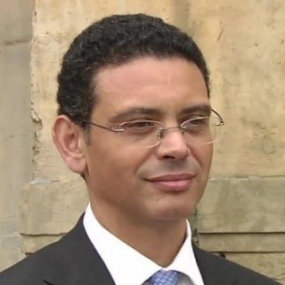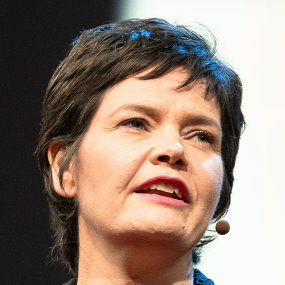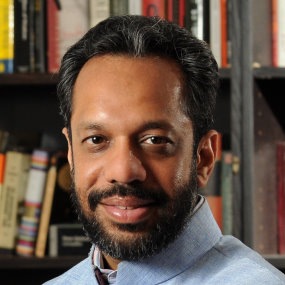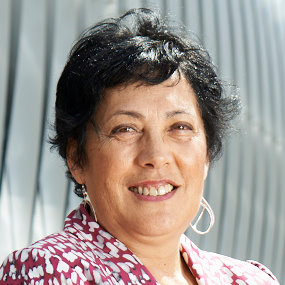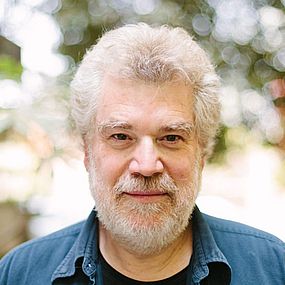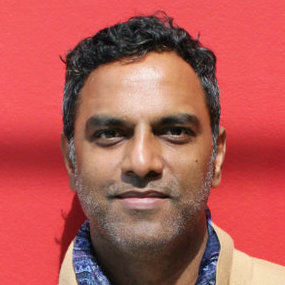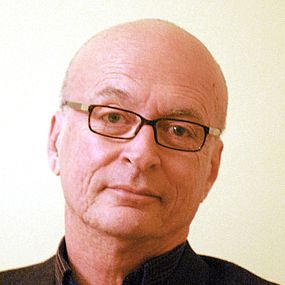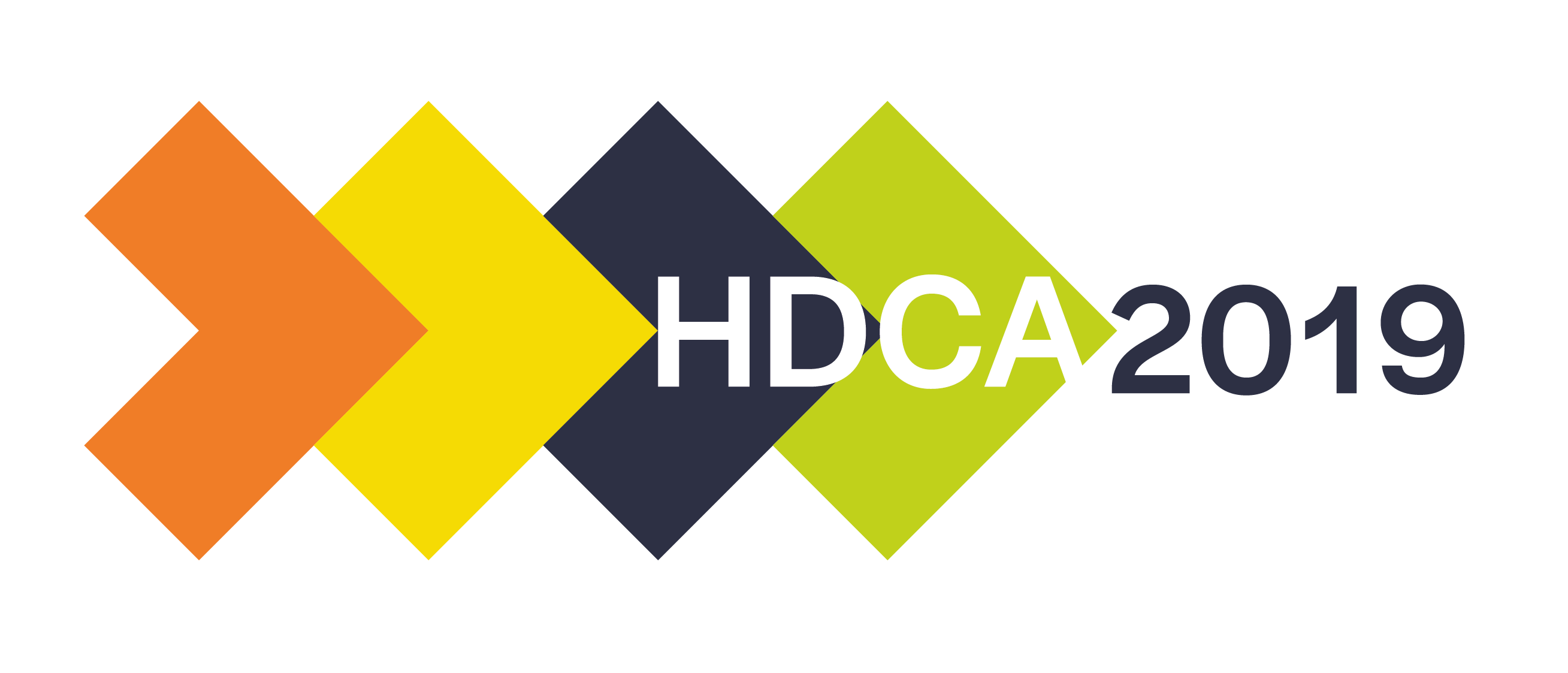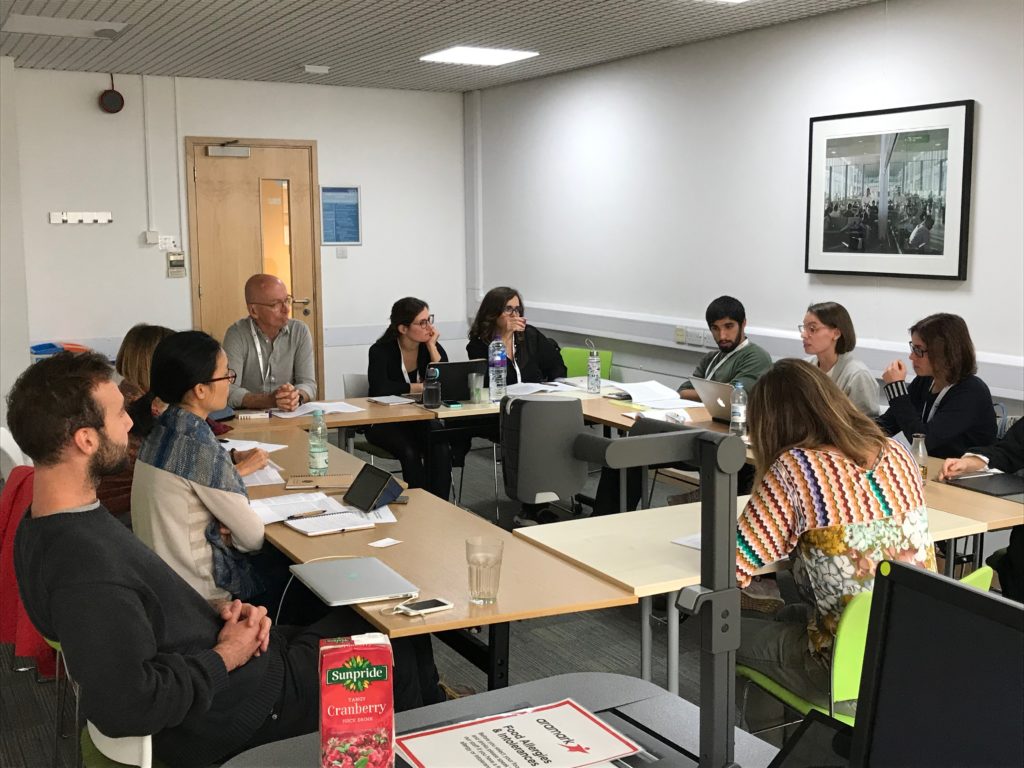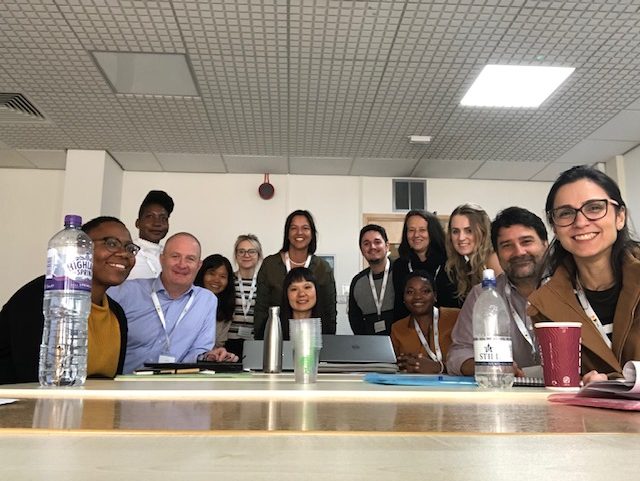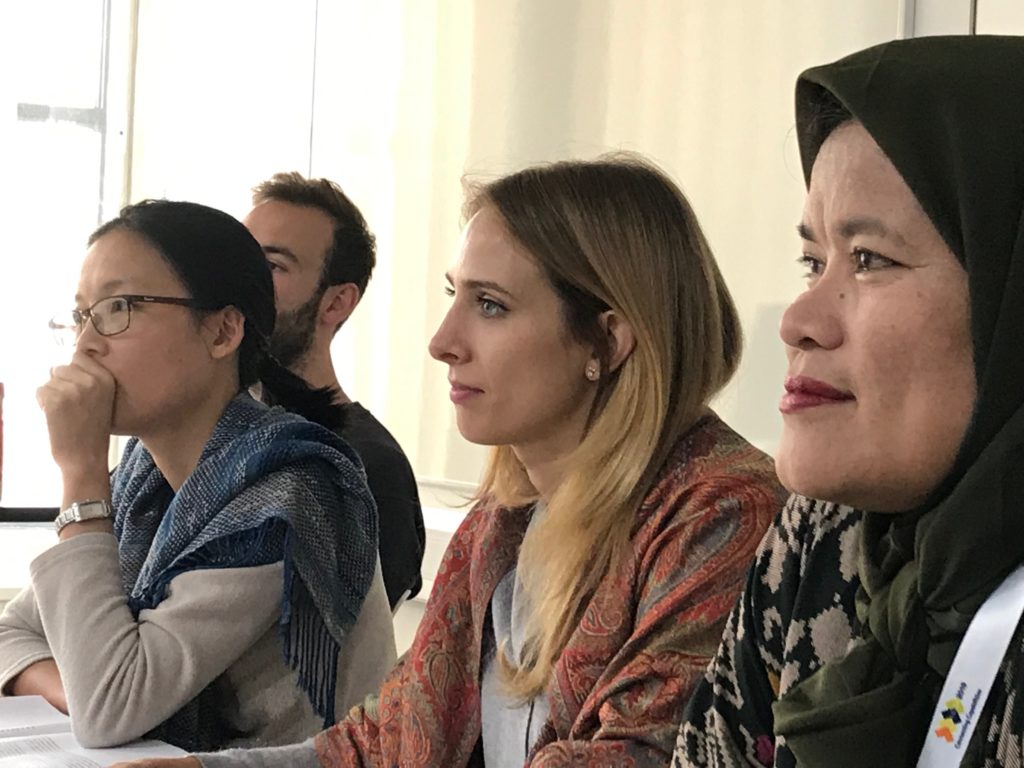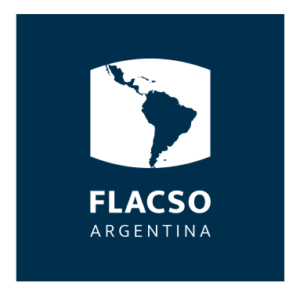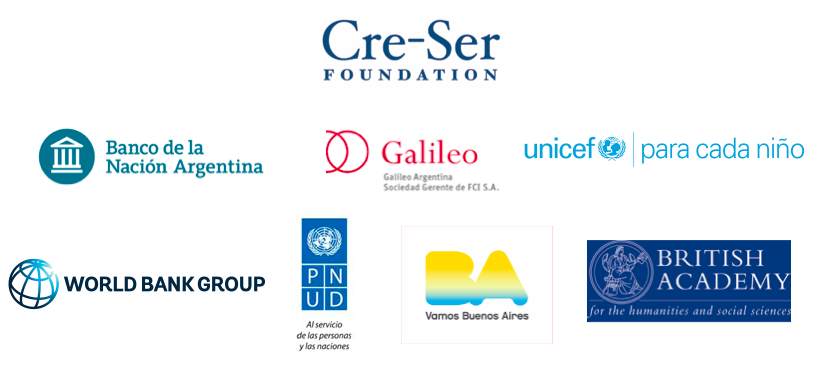2025 HDCA Conference – Bradford, UK
Home Page
September 1-5, 2025
Hosted by the University of Bradford
“Culture, Peace and Capabilities”
At the heart of the capability approach (CA) is the idea of human flourishing. However, human flourishing is challenging, and in some cases, not possible, in a world of conflict and insecurity – whether between nations, or between groups within a country or between individuals at the micro-level of a society.
The foundational ideas of the CA (of both Sen and Nussbaum schools) envision a society where constitutional guarantees and deliberative public reasoning provide for the protection of minorities and disadvantaged individuals, and at a theoretical level these should be the starting points for building institutions to mitigate against conflict and to resolve conflicts where these appear.
As we welcome the community of the ‘Human Development and the Capability Association’ to the University of Bradford where the UK’s first Peace Studies Department was founded in 1973, the idea of connecting the CA with peace is an exciting and significant theme to explore. Bradford is also celebrating being the UK ’City of Culture 2025’. The year-long celebration recognizes the contributions made by generations of waves of immigrants over the last two centuries.
Frequently Asked Questions and Answers
With support from:


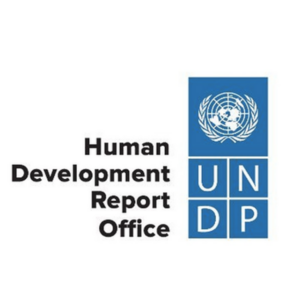
![]()

Welcome to Bradford: Venue, Accomodation, Travel, Visas
Bradford is a vibrant and diverse city in the north of England, and the second-largest in West Yorkshire county. Known for its rich cultural heritage and dynamic history, Bradford has been designated the UK City of Culture 2025 and is currently hosting a year-long celebration of arts and community engagement. With a proud legacy of social activism and innovation, including being home to the UK’s first Peace Studies Department founded in 1973, Bradford offers a perfect setting for the 2025 HDCA Annual Conference.
Conference Venue
The 2025 HDCA Annual Conference will be held at the University of Bradford, located at Richmond Road, Bradford, BD7 1DP, West Yorkshire, United Kingdom.
Travel
Bradford is in the north of England, approximately 220 miles from London. The most convenient airports to fly into are Manchester (MAN) and Leeds Bradford (LBA), and we recommend planning your travel to arrive at one of these two. The city is served by two main train stations: Bradford Interchange and Bradford Forster Square, both offering regular services to major UK cities, including from London King’s Cross.
Accommodation
Various hotels are available within easy reach of the University of Bradford. When using price comparison sites such as Booking.com, please be sure to select Bradford, West Yorkshire. You don’t want to book a hotel in a different Bradford altogether including perhaps in Pennsylvania, USA or Ontario, Canada and certainly not in Bradford on Avon (more than a hundred miles away)!
Below are a few nearby hotel options (travel times listed are approximate):
- Holiday Inn Express, Vicar Lane – 20–25 minutes’ moderate walk or 15 minutes by taxi.
- Premier Inn Bradford Central, Vicar Lane – 20 minutes’ moderate walk or 10–15 minutes by taxi.
- Great Victoria Hotel, Bradford City Centre – 15–20 minutes’ moderate walk or 15 minutes by taxi.
- The Midland Hotel, Bradford City Centre – 20 minutes’ moderate walk or 15–20 minutes by taxi.
There are also many other accommodation options within easy reach, including in Shipley, Saltaire, Halifax, Ilkley, and Leeds.
Visas
Check here to see if you need a UK visa. You must select ‘work, academic visit or business’ as the purpose of your visit—do not choose tourism or visiting friends.
Depending on your nationality, you may need either a visa or an Electronic Travel Authorisation (ETA). If you are a European national and have visited the UK many times before, please check this page carefully, as new rules may have come into effect as of April 2025.
You can use the official UK government visa page or consult the website of the UK High Commission or Embassy in your country for guidance.
If applying for a visa, the Standard Visitor visa is likely the appropriate option. It costs £127 and is valid for 6 months.
Note: There is a separate visa category for academic visitors, but we recommend that you do not apply under that category. It is intended for individuals conducting research in the UK and requires additional documentation that we will not be able to provide.
Your conference acceptance email should be sufficient for visa purposes.
You can apply for a UK visa up to three months before travel (i.e., from 1 June 2025). Please be aware that waiting times may be longer from July onward, as many students begin applying for visas to study in the UK around that time.
Call for Proposals and Submissions
Register here!
2025 HDCA Conference Call for Papers
Conference Themes
We welcome papers and panel proposals from scholars, researchers, and practitioners. Such proposals are expected to be original contributions that resonate with the central themes of this conference. We are particularly looking for submissions in 6 categories:
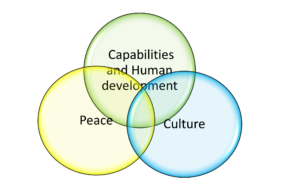
Intersecting and interconnected themes of the conference
A. Advancing human development and capabilities: Papers on advancing the capability approaches pioneered by Amartya Sen and Martha Nussbaum but also extended, applied and developed further by many scholars within the HDCA community are appropriate for this theme. We would like to welcome papers in this thematic area including:
- Theoretical and conceptual papers, especially from philosophers examining and critiquing the capability or capabilities approach; extending these to examine issues related to gender justice, collective capabilities and the links between capabilities and human rights.
- Decolonising knowledge and the potential for and the limitations of the capability approaches in relation to de-centring knowledge creation mainly from the Global North to promoting local to global perspectives from the Global South; contextualising the capability approach in relation to Africana philosophy.
- Measurement oriented papers developing new ways of multi-dimensional measurements of human development and capabilities including those of qualitative approaches.Innovations in applications of previous approaches or developing new approaches to solve specific contextual dilemmas.
- Innovations in applications of previous approaches or developing new approaches to solve specific contextual dilemmas.
B. Peace and capabilities: We particularly welcome papers from peace studies scholars (including those following or building upon the works of Johan Galtung, Adam Curle, John Paul Lederach) who may be new to the capability approach to explore the possibilities. A lot of work on connections between the capability approach and conflict resolution and peace-making has been developed through the human security framework (UNDP HDR1994; Sen and Ogata Commission report, 2004; Gasper, 2006; UNDP Human Development Report, 2022). As the Symposium on Human Security at 30 noted human security is “…a useful lens to see that many disputes are not zero-sum; to have a comprehensive perspective on interconnectedness; [and] to see people as active agents in shaping what’s to come.” (Pedro Conciecao, 2024) We welcome papers that aim to extend the capability approach to peace-making, peacebuilding, conflict resolution especially in fragile and conflict affected environments and the potential challenges. We are also to keen to welcome papers that compare, contrast or explore the synergies of indicators and measurement methodologies inspired by the capability approaches with those of peace indicators. We also welcome submissions by scholars from politics and international relations domains if they explore the application of the human development and capability approach dimensions to peace indicators. Also welcome are applications of the CA to specific international conflict mediation, development of dialogue, and the use of the capability approach for normative foreign policy or diplomacy.
C. Culture and capabilities: In this theme we are particularly interested in:
- Papers exploring the interactions between culture and human development in the sense of Hangzhou Declaration. Papers are also welcome on cultural liberties and alternative perspectives on culture theories or such constructs and how these can impinge on unfreedoms of particular groups or minorities;
- Submissions exploring the role that arts, literature and other ‘cultural capital’ can play in advancing capabilities and human development. In particular, we welcome submissions that explore or extend the methodologies and ideas developed in the capability approach to the understanding and valuation of such ‘cultural capital’ or collaborative papers that use arts as a means to deliver some of the complex and profound insights of the capability approach including through performance or short playlet;
- Papers that explore the use of arts including music, drama, literature, visual design and others as a means for advancing pedagogies in the context of specific issues of human development and capabilities; and
- Papers in the field of management studies which focus on organisational culture in the context of human resource development but submissions that can theoretically and empirically relate with the mainstream ideas of human development and capability approach and engage with the specific use of ‘culture with a small c’ that we are using in this conference rather than as organisational culture.
D. Culture, peace and capabilities: This theme or subset of papers may examine the three-way relationship of culture, peace and capabilities. For example, we could ask, do enhanced freedoms translate into better and deeper understanding of for example historical injustices and thus lead to mechanisms for healing, reparation and restorative justice, in turn making the societies more resilient? Can cultural diversity contribute to equitable and just growth and development?Could there be comparisons between Bakhtinian dialogic approaches and the idea of deliberative reasoning central to the CA?
E. Peace and culture: We do welcome submissions that explore the possible two way interactions between culture and peace. How does culture influence pathways to peace? How does peace promote the right of people to their cultural identities and heritage? How are peace studies adapted and mediated in different cultural settings and practices? How does this influence peace education and pedagogies? How are psychological and health dimensions related to peace and culture? Are there approaches and methods in health studies or in psychology that can shine light on new approaches for the CA thinking or applications?
F. Other relevant studies: We welcome proposals that fall outside of these five themes above as long as they are highly relevant to conference themes and to informing ideas, discussions and debates to exploring the links between culture, peace and capabilities. For example, these could be papers exploring ideas of justice or new innovations using digital and social media or machine learning and artificial intelligence (AI) tools; philosophical, ethical and pragmatic dilemmas of new technologies and how these may impede or assist in advancing capabilities and freedoms; and the exploration of debates related to the so called ‘responsible AI’.
Submission and Review Process
Please submit your proposal for the conference, via the submission site by 4th February 2025 using the appropriate form. The submission portal and link will open in early January 2025 on the HDCA website.
If you encounter problems with the online submissions system, please email the conference organizers at: hdcaconference2025@bradford.ac.uk
All proposals will be reviewed by two referees using the following evaluation criteria: originality; relevance and perceived goodness of fit of the paper to the conference themes; potential scholarly contribution of the paper; multi-disciplinarity or the potential to bring in perspectives from disciplines presently under-represented in the HD and CA literature; innovation in relation to theories or application; potential benefit or value added to the authors from participating in the conference.
Important deadlines
Paper and panel proposal submissions closing date: 4th February 2025
Paper and panel proposal submissions extended deadline: 18th February 2025
Communication of accept/reject decisions by: 4th April 2025
Extended deadline for communication of accept/reject decisions: 7th April 2025
Early-bird registration extended to: 30th June 2025
Regular registration opens on: 1st July 2025
Submission of full papers for Kuklys prize due by: 23st July 2025
Final Conference Registration extended to: August 8, 2025
Types of Proposals
Full Paper Proposals
Papers are welcome on any of the themes outlined above. At this moment, we need only the abstract. A selection of papers may be considered for publication in the Journal of Human Development and Capabilities by the editors. To be candidates for this, we expect all submissions to be original and not substantively the same as a paper previously submitted to another conference. Be honest and transparent and explain how this paper extends, complements or advances something you have presented earlier elsewhere. Paper proposals should include the following:
- Title of the paper
- Author/s name and institutional details
- Conference theme that this paper most aligns with (choose one): A/B/C/D/E/F
- Thematic group to which this aligns most
- Up to five key words
- Abstract – not exceeding 400 words
- Up to five most important references
- Originality statement and connection with work previously published
- Whether applying for the in person conference or the virtual conference (which will take place on Friday 5th September)
- Expected benefit of participating in the conference to the authors;
- Is this paper being proposed as part of a panel proposal? Y or N
- If yes, the chair of the panel needs to provide additional panel abstract here, not exceeding 600 words.
- Do you consider yourself to be an early career researcher? Y or N
- Is this paper from a current doctoral research study? Y or N
- Is this paper from a masters dissertation? Y or N
Poster Presentations
We welcome poster presentations from early career researchers and PhD students. This is a developmental opportunity to share details of your research and gain feedback or suggestions from established scholars. Poster proposals should include the following:
- Title of the poster
- Author/s name and institutional details
- Conference theme that this paper most aligns with (choose one): A/B/C/D/E/F
- Thematic group to which this aligns most:
- Up to five key words
- Abstract – not exceeding 400 words
- Up to five most important references
Panel Proposals
1. Standard panels with 3 or 4 papers (90 minutes): These can include closed or open panels.
1.1. Closed panels are those where the panel proponents have already been identified. In this case, all the paper proposals should be submitted individually by each author as per guidelines for full paper proposals mentioned earlier. The chair of the panel should use the format in 1.3 below.
1.2. Open panels are welcome but usually these are organised in conjunction with a Thematic Group. If you are interested in the conference organizers allocating
suitable papers to your panel please submit an open panel proposal using the format outlined in 1.3 below.
1.3. Panel proposal format:
- Type of panel: Closed/ open
- Title of the panel
- Thematic Group with whom you wish to organize this panel
- Name of the chair
- Name of discussant if any
- An abstract of the panel theme, aims and justification (up to 1,000 words)
- Up to five keywords
- Conference theme that this panel aligns with: A/ B/C/D/E/F
If closed panel: names of authors who will be submitting proposals
2. Policy or practice panels (90 minutes): We welcome submissions by practitioners including those from activist or NGO backgrounds. These panels are aimed to be critical reflections on good practice and learning from what works and why. Though these are from practitioners, the expectations of rigor and quality are no different to those of academic or research papers. Proposals may include panels that examine a program or policy or practice that is highly relevant to one of the six thematic areas and has relevance to more than one country or region. Panel proponents should provide information on the following questions in their proposal:
questions:
- Panel title
- Theme of the conference the panel aligns with: A/B/C/D/E/F
- Panel description (up to 1,000 words) covering information on the following:
- The key questions your panel aims to examine
- The key claims to success or what has worked and why
- What are the challenges and why it may not work elsewhere or in your case in the future?
- Why policy makers or practitioners from another country in Asia, Europe, Latin America, Africa or Oceania should be interested in your panel and what they may learn from this?
- What is the value added you are expecting from participating in the conference
3. Skills workshop: We welcome applications to run a skill development workshop mainly aimed at doctoral students and early career researchers, but may be of interest to everyone. Maximum time available for workshop is 90 minutes. These proposals must outline the following (in 600 words):
- What skill is this workshop aiming to develop?
- Why you are the right person/s to deliver this?
- How this workshop is relevant to any of the six thematic areas of focus for this
conference? - A description of how the workshop will be run or what happens in the workshop, and
- Logistic details of what kind of room you need, what activities will take place, whether 90 minutes is enough for the workshop;
- Whether there is a minimum and maximum number of participants.
Please note we do not have any budget to buy materials or software. Therefore, any workshops must be such that there is no cost to organizers and should be inclusive. There should be no risk to participants.
Draft Programme
Please find the draft versions of the 2025 HDCA Conference programme here:
HDCA Annual Conference at Bradford General Programme Draft_June 2025
July 31 2025_Draft allocation of papers to various parallel sessions over 1st to 4th September
As not all accepted presenters have completed their registration, both programe versions remain provisional. We aim to finalize and circulate the full programme after the closing of registrations on August 8.
Thank you for your understanding.
Keynote speakers and Special Lectures

Professor Francisco HG Ferreira
Amartya Sen Professor of Inequality Studies
Director, International Institute of Inequality Studies
London School of Economics
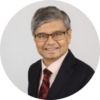
Professor Kunal Sen
Director, World Institute for Development Economics Research
United Nations University, Helsinki

Professor Laura Valentini
Professor of Philosophy
Ludwig Maximilians Universitat, Munich
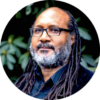
Professor Lewis Gordon
Board of Trustees Distinguished Professor and
Head of the Department of Philosophy
University of Connecticut
 Professor Kate Picket, OBE
Professor Kate Picket, OBE
Professor of Epidemiology
University of York

Professor John Wright
Director of Research, Bradford Institute of Health Research
Founding Researcher, Born in Bradford

Professor Enrica Chiappero-Martinetti
Professor of Economic Policy, University of Pavia
President of the HDCA
Registration and Fees
Register here!

-
Those working in NGOs are eligible for concession.
Conference registration includes one year membership fee for HDCA and subscription to the Journal of Human Development and Capabilities. For those attending in person, the fee also includes conference dinner.
Please note: The 2025 HDCA Conference is not a hybrid event. This means it is not possible to switch from an in-person presentation to an online presentation.
Online-only sessions will take place on September 5, and that schedule is already nearly full. We are therefore unable to move papers accepted for in-person presentation to the online program. Online participants will, however, be able to watch all keynote lectures, and a selection of online-only panels will be available on September 5.
Thank you for your understanding and cooperation.
Important deadlines
Paper and panel proposal submissions closing date: 4th February 2025
Paper and panel proposal submissions extended deadline: 18th February 2025
Communication of accept/reject decisions by: 4th April 2025
Extended deadline for communication of accept/reject decisions: 7th April 2025
Early-bird registration extended to: 30th June 2025
Regular registration opens on: 1st July 2025
Submission of full papers for Kuklys prize due by: 4th July 2025
Full papers due by: 14th July 2025
Regular registration closes on: 1st August 2025
Final Conference registration extended to: 8th August 2025
Refund policy
Conference registration fees and Summer School registration fees can be refunded upon request until August 4. Refunds will exclude the membership fee, which is non-refundable. However, because our system cannot separate the membership fee from the total registration payment, we must refund the full amount first. To enable this, participants requesting a refund must first apply separately for HDCA membership, here. Once membership is confirmed, we will process the full refund of the original registration fee (which included the membership fee). This two-step process avoids the need for wire transfers to return partial amounts, which would otherwise delay processing and incur additional costs for both sides. Refunds after August 4 will only be considered under exceptional circumstances (e.g., medical emergencies) and are not guaranteed.
If you wish to be considered for a refund, please contact HDCA Administrator Hana Srebotnjak at admin@hd-ca.org.
Scholarships
Scholarships registrations are now closed.
To facilitate participation in the 2025 Conference, the HDCA is offering two types of scholarships: Regular Conference Scholarships and the prestigious Ul Haq Early Career Scholarships. Applicants can apply for both the Regular Conference Scholarship and the Ul Haq Scholarship but can only accept one of them if successful with both applications. This is to enable the limited resources to benefit as many different deserving candidates as possible.
Applications will open on 4 April 2025. The deadline for both types of scholarship applications is 25 April 2025.
Regular Conference Scholarships cover part of the cost of conference participation, either in person or virtually. These scholarships are awarded based on need and merit to people presenting papers at the conference who satisfy one of the following criteria:
a) Early career scholars (within 5 years of receiving their highest degree).
b) Scholars residing in low- and middle-income countries.
Applicants must explain their contribution to the paper, and justify their travel and registration costs, and other sources of funding that they intend to pursue. We request that you apply for a Conference Scholarship only if you would not otherwise be able to attend the Conference. You will need to confirm that your situation meets this requirement when you apply.
In the case of jointly authored papers, priority will be given to applicants whose co authors are all based in low- and middle-income countries. Scholarship awardees will be asked to demonstrate (after an established date) that they have booked their travel and will accept the Conference scholarship funds. Otherwise, the awardee will forfeit the scholarship, and it will be awarded to someone on the waiting-list. If an awardee decides not to attend the conference in the end but has started the visa process, conference scholarship funds cannot be used to reimburse visa-related expenses.
Ul Haq Early Career Scholarships
Mahbub ul Haq was an economist, international development theorist, and politician who served two periods as the Minister of Finance of Pakistan. He was the pioneer in developing the concept of human development and led the establishment of the United Nations Development Programme’s Human Development Report and the Human Development Index, pivotal in placing people at the heart of global development policy debate. He not only articulated the human development philosophy for development planning, but he also provided a now widely used statistical measure to quantify indicators of human development.
In association with the Human Development Report Office (HDRO), the HDCA will award up to three prestigious Ul Haq Early Career Scholarships to attend the 2025 Conference in person. These scholarships are for exceptional early career researchers who will become future leaders in the HDCA and Human Development and Capabilities scholarship. Ul Haq scholars are expected to contribute both to original knowledge creation and to knowledge exchange and impact within the HDCA community, and beyond.
Each award will provide up to $2500 to cover travel, visas, accommodation and registration fees for the 2025 conference in Bradford, UK. The Ul Haq Early Career Scholarships are competitive, and the selection committee may ask to arrange a brief virtual interview during the selection process. Once the results are announced, awardees will have a short window to either accept or decline. Scholarships once awarded must be used this year.
Eligibility Criteria:
- Applicants should be enrolled in a PhD programme in any discipline, or early career researchers who are within 5 years of finishing their PhD.
- They must have had a proposal accepted for the conference with a minimum grade of 70 %
- They must have a financial need for conference support.
Priority will be given to scholars studying and working in low- and middle-income countries but high-income country applicants will also be considered. Disciplinary, geographical and gender diversity will inform the selection.
Expectations:
In the year following the conference, Ul Haq Scholars will be expected to:
- Join a Thematic Group and Regional Network and to be active HDCA members.
- To present at least one joint HDRO – HDCA webinar.
- To develop their conference paper into an article for submission to the JHDC. Each successful applicant will be assigned a mentor to assist them with this process, including reading and commenting on their draft article.
How to apply:
To apply, please fill the application via this link and email the following supplementary materials to Giulia Greco (HDCA Education Officer) Giulia.Greco@lshtm.ac.uk and Hana Srebotnjak (HDCA Administrator) admin@hd-ca.org specifying in the subject line: “Ul Haq Scholarship Supplementary materials Name Surname”
- Accepted conference abstract with the review score email.
- Your CV
- A sample of what you consider your best work so far: a paper that is representative of your best work on human development and the capability approach. It need not be for this conference.
- Personal statement [strictly max 500 words] indicating how you meet all three eligibility criteria. Please also state what other funding you can access for the conference. In addition, say how you feel you would benefit from this award and what in turn you would contribute to the HDCA and HDRO.
Deadline:
Applications, including supplementary materials, must be submitted before 25th April 2025. Complete applications will be considered by a joint selection committee of HDCA and HDRO.
Pre-Conference and Post-Conference Activities
Sunday 31 August – Pre-Conference Day
- Walking Tour of Bradford’s History
An entirely outdoor tour exploring the rich history of Bradford. The tour ends in the city centre, where a variety of lunch options are available.
10:00–13:00 | Free | Easy to moderate; wheelchair accessible | Subject to weather | Groups of 15–20 | Booking essential - Visit to Saltaire (UNESCO World Heritage Site) and the Peace Museum
Includes a coach or mini-coach journey and time to explore both outdoor and indoor parts of the site. Several lunch options are available in Saltaire, though they can be busy.
09:30–13:00 | £10 (travel only) – Lunch not included | Easy to moderate; wheelchair accessible | Maximum 40 participants - Visit to Haworth and the Brontë Parsonage Museum
Discover the world of the Brontë sisters in the picturesque village of Haworth. Mostly outdoors, with a museum visit included. Lunch available at local restaurants.
Optional add-on for families: take the volunteer-run steam train from Haworth to Keighley.
09:30–13:00 | £10 (travel) + £13 (museum ticket) ≈ £23 total | Concessions may be available | Lunch not included | Easy to moderate; wheelchair accessible | Maximum 40 participants - Inter-Faith Peace Trail
This walk begins at the University and visits a Mosque, Gurudwara, Hindu temple, and ends at Bradford Cathedral.
14:30–17:00 | Free | Easy to moderate walk | Subject to weather | Maximum 40 participants - Football and Peace
A workshop with Prof Fiona Macaulay on using football as a means to promote harmony and achieving SDGs. A visit to the University of Bradford Football Stadium may also be possible.
14:30–17:00 | Free | Easy to moderate walk | Subject to weather | Maximum 40 participants - Yorkshire Dales Walk
A longer excursion with breathtaking views. Includes a walk of approximately 6–8 km and a stop in a Dales village for a light lunch or café visit.
09:30–18:30 | Approx. £40 (travel only) – Lunch not included | Easy to moderate walk | Maximum 20 participants
Monday 1 September – 1st Conference Day
- Walking Tour of Bradford’s City Centre
An entirely outdoor tour exploring Bradford City Centre. 09:00–10:30 | Free | Subject to weather | Groups of 15–20 | Booking essential - Visit to the JB Priestley Library, Commonweal Collection and Archives
Learn about the founding of the CND and the world-famous insignia as well as the UK’s first School of Peace Studies at Bradford.
09:00–10:30 | Maximum 10 participants | Booking essential
Thursday 4 September – Post-Conference Visit
- Visit to Halifax
An afternoon trip to explore the 900-year-old Halifax Minster, meet interfaith leaders, and enjoy the historic Piece Hall. End the day relaxing with drinks or dinner.
15:00–19:00 | Approx. £8 (travel only) – Dinner not included | Easy to moderate walk | Maximum 60 participants
HDCA Summer School 2025
HDCA Summer School 2025
Friday 29 and Saturday 30 August 2025
Bradford, UK
Register here!
Registration runs from May 6 to August 8.
We are excited to announce that this year HDCA Summer School will take place in person on Friday 29 and Saturday 30 August 2025 at the University of Bradford, UK, ahead of the HDCA conference.
The summer school aims to develop participants’ knowledge, understanding and application of key concepts in human development, with a particular focus on the capability approach. Giulia Greco (Giulia.Greco@lshtm.ac.uk) and Mikateko Mathebula (MathebulaM@ufs.ac.za) will lead the summer school, joined by guest lecturers and tutors.
The two-day programme will include sessions delivered by senior capability scholars and practitioners covering foundational concepts in human development and the capability approach, measurement issues, inequalities, and sustainability. Participants will also have the opportunity to discuss their research projects and receive feedback in a workshop style. All sessions will be in person and in English.
Summer School Eligibility
The programme is specifically designed for doctoral students and post-doctoral scholars who already have some understanding of development issues and are currently working with the capability approach. To be eligible for the 2025 HDCA summer school you must be a current doctoral student or postdoctoral researcher (within 2 years of receiving your doctorate) working with the capability approach. You must also attend the main HDCA conference in Bradford (separate registration and payment required).
Priority will be given to students who have not previously attended an HDCA summer school. Applications from students who have previously attended an HDCA summer school will be considered on a case-by-case basis.
If you have any queries about your suitability for the summer school, please email the Education Officers, Giulia Greco and Mikateko Mathebula for clarification.
Registration
The registration fee for the summer school is USD 100. It will include participation in the two-day programme, refreshments, two lunches, one evening meal, and course materials. It will not include travel or accommodation costs, so participants will need to budget accordingly.
If you are awarded a scholarship for this year’s main HDCA conference, you will be eligible to apply for up to USD 100 towards your costs for attending the summer school (payable following summer school registration).
Further details regarding the summer school registration process and practical information for the event (venue, programme, etc.) will be provided when the main conference registration opens in early May.
Please note that summer school places are limited and usually fill up very quickly.
Giulia Greco, HDCA Education Officer
Mikateko Mathebula, HDCA Education Officer
Kuklys Prize
At the conference, the HDCA will award the annual Wiebke Kuklys Prize for the best paper presented by a graduate student.
All graduate students who have not been awarded their degree before September 1, 2025 and are presenting a paper at the 2025 HDCA conference under their sole authorship are eligible to be considered for this prize.
To compete for the prize, eligible students must submit their full paper by July 23, 2025 to the following email address: hdcaconference2025@bradford.ac.uk. (Please note: this deadline has been extended from the original July 15 deadline.)
Submitted papers should follow the author guidelines of the Journal of Human Development and Capabilities.
The winner of the 2025 Wiebke Kuklys Prize will be awarded a cash amount (the purpose of which is to contribute to the student’s graduate work, for example, in the form of equipment or book purchases or conference attendance). The name of the winner will be announced at the closing plenary session of the conference, which the author must attend. Check previous winners: Here.
Conference Committees
Program Committee
From the HDCA:
Prof Enrica Chiappero-Martinetti, Professor of Economic Policy, University of Pavia and President of HDCA
Dr Nozomi Sakata, Associate Professor, Hiroshima University and Executive Committee member of HDCA
Dr Petya Ilieva, Associate Professor, Institute of Philosophy and Sociology, Bulgarian Academy of Sciences and Fellow of HDCA
Dr Melis Cin, Senior Lecturer in Education and Social Justice, University of Lancaster
From the University of Bradford:
Prof PB Anand, Professor of Public Policy and Sustainable Development
Prof Fiona Macaulay, Professor of Gender and Conflict
Dr Anisha Samantara, Lecturer in International Development
Dr Joseph Ajefu, Associate Professor in Development Economics
Conference Organising Committee
Prof PB Anand, Chair of the Conference
Prof Fiona Macaulay, Professor of Gender and Conflict
Dr Joseph Ajefu, Associate Professor in Development Economics
Dr Anisha Samantara, Lecturer in International Development
Dr Hannah Intezar, Associate Professor in Sociology and Criminology
Dr Salvo Di Martino, Lecturer in Psychology
Dr Sasha Ban, Associate Professor in Health Studies
Dr Sudhir Selvaraj, Assistant Professor in International Development
Dr Serag El Hegazi, Lecturer in International Development
Mrs Nabeela Khan, Post-graduate Researcher & Lecturer in Sociology
Conference External Advisers
Prof Des Gasper, International Institute of Social Studies, The Hague, Netherlands
Prof Flavio Comim, Dean of IQS School of Management, Universittat Ramon Llull, Barcelona
Madam Nozizwe Madlala Routledge, Formerly Director of Quaker United Nations Office, Cape Town, South Africa
Dr Anita Patil Deshmukh, Partnership for Urban Knowledge and Action Research (PUKAR), Mumbai, India
Prof Neil Stott, Management Practice Professor of Social Innovation, Cambridge Judge Business School, University of Cambridge



